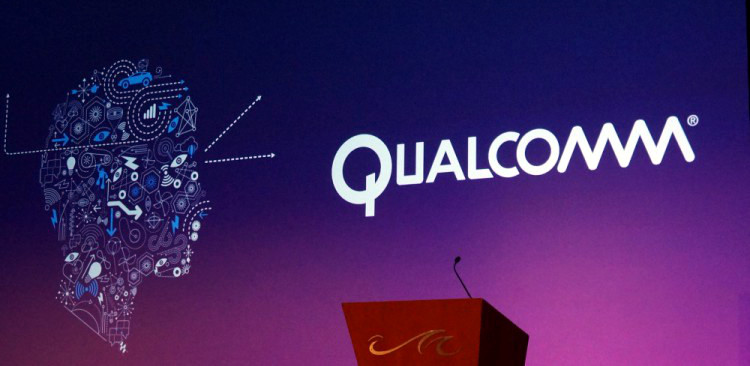
Apple filed a $1 billion lawsuit in the U.S. District Court for the Southern District of California against Qualcomm earlier this year, saying that Qualcomm has been charging royalties for technologies they have nothing to do with.
Today Qualcomm has responded to Apple suit over patent licensing and has also filed countersuit including charge of limiting performance of Qualcomm modem chips in iPhone 7. It said that Apple is preventing consumers from enjoying the full extent of Qualcomm’s innovation; and then, when the Qualcomm-based iPhones still outperformed the Intel-based iPhones, Apple falsely claimed that there was “no discernible difference” between iPhones with Qualcomm’s chipsets and iPhones with Intel’s chipsets, and (ii) acted to prevent Qualcomm from revealing to consumers the extent to which iPhones with Qualcomm’s chipsets outperformed iPhones with Intel’s chipsets.
“Apple’s goal is clear—to leverage its immense power to force
Qualcomm into accepting less than fair value for the patented technologies that have led innovation in cellular technology and helped Apple generate more than $760 billion in iPhone sales,” said Qualcomm in the lawsuit.
Qualcomm said that it seeks damages from Apple for reneging on its promises in several agreements and to enjoin Apple from further interference with Qualcomm’s agreements with the companies that manufacture iPhones and iPads for Apple.
The filing outlines how Apple:
- Breached agreements and mischaracterized agreements and negotiations with Qualcomm;
- Interfered with Qualcomm’s long-standing agreements with Qualcomm licensees that manufacture iPhones and iPads for Apple;
- Encouraged regulatory attacks on Qualcomm’s business in various jurisdictions around the world by misrepresenting facts and making false statements;
- Chose not to utilize the full performance of Qualcomm’s modem chips in its iPhone 7, misrepresented the performance disparity between iPhones using Qualcomm modems and those using competitor-supplied modems; and
- Threatened Qualcomm in an attempt to prevent it from making any public comparisons about the superior performance of the Qualcomm-powered iPhones.
Don Rosenberg, executive vice president and general counsel of Qualcommm said:
Qualcomm is the world leader in inventing and developing fundamental, ground-breaking mobile technologies that enable the worldwide mobile ecosystem. Today, Qualcomm’s patented technologies remain the primary value driver for mobile devices.
The value of our inventions has been proven through hundreds of license agreements, negotiated and renegotiated over almost three decades, with virtually every significant handset maker in history, including the companies in Asia that have manufactured Apple iPhones and iPads. Over the last ten years, Apple has played a significant role in bringing the benefits of mobile technology to consumers with its popular products and services. But Apple could not have built the incredible iPhone franchise that has made it the most profitable company in the world, capturing over 90 percent of smartphone profits, without relying upon Qualcomm’s fundamental cellular technologies.
Now, after a decade of historic growth, Apple refuses to acknowledge the well established and continuing value of those technologies. It has launched a global attack on Qualcomm and is attempting to use its enormous market power to coerce unfair and unreasonable license terms from Qualcomm. We intend to vigorously defend our business model, and pursue our right to protect and receive fair value for our technological contributions to the industry.
